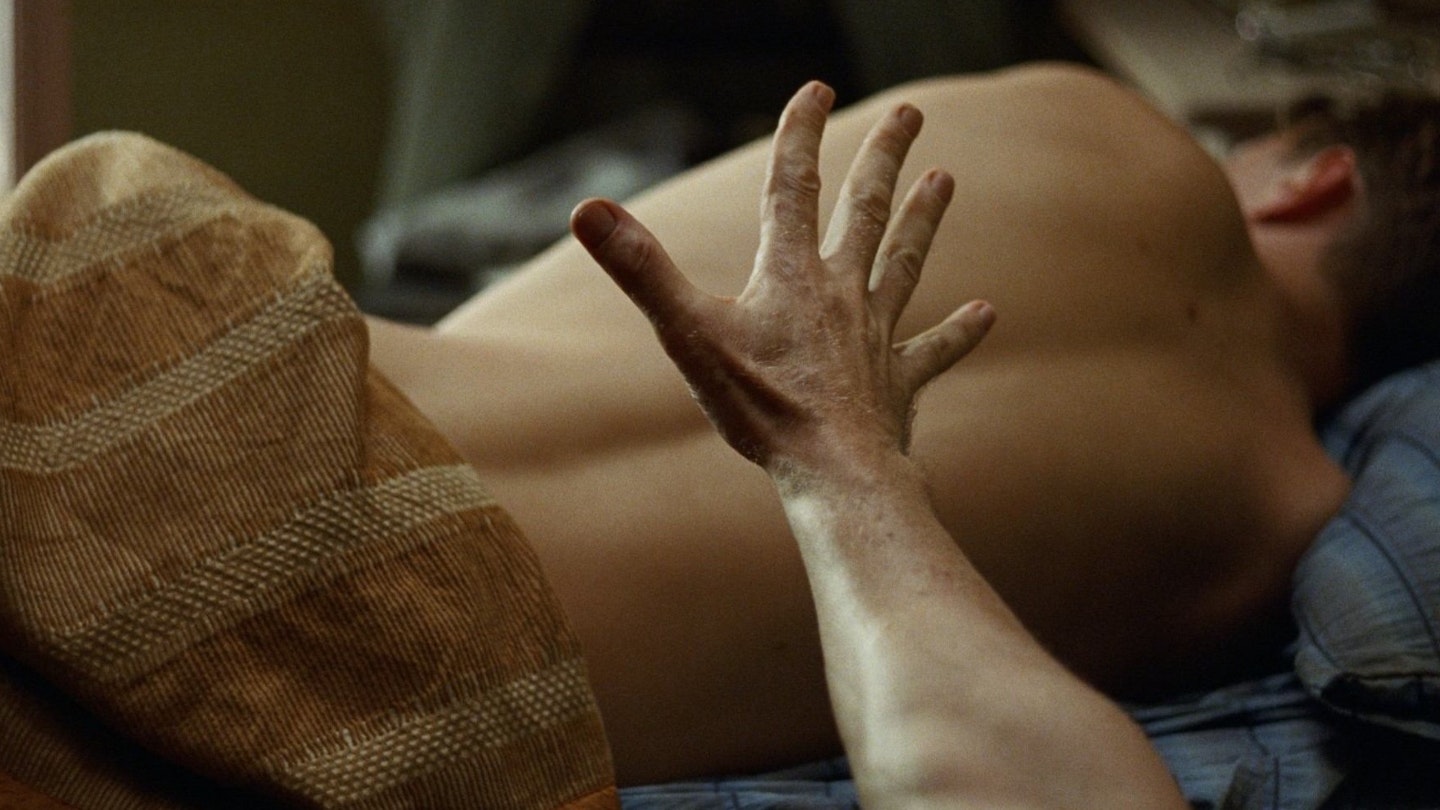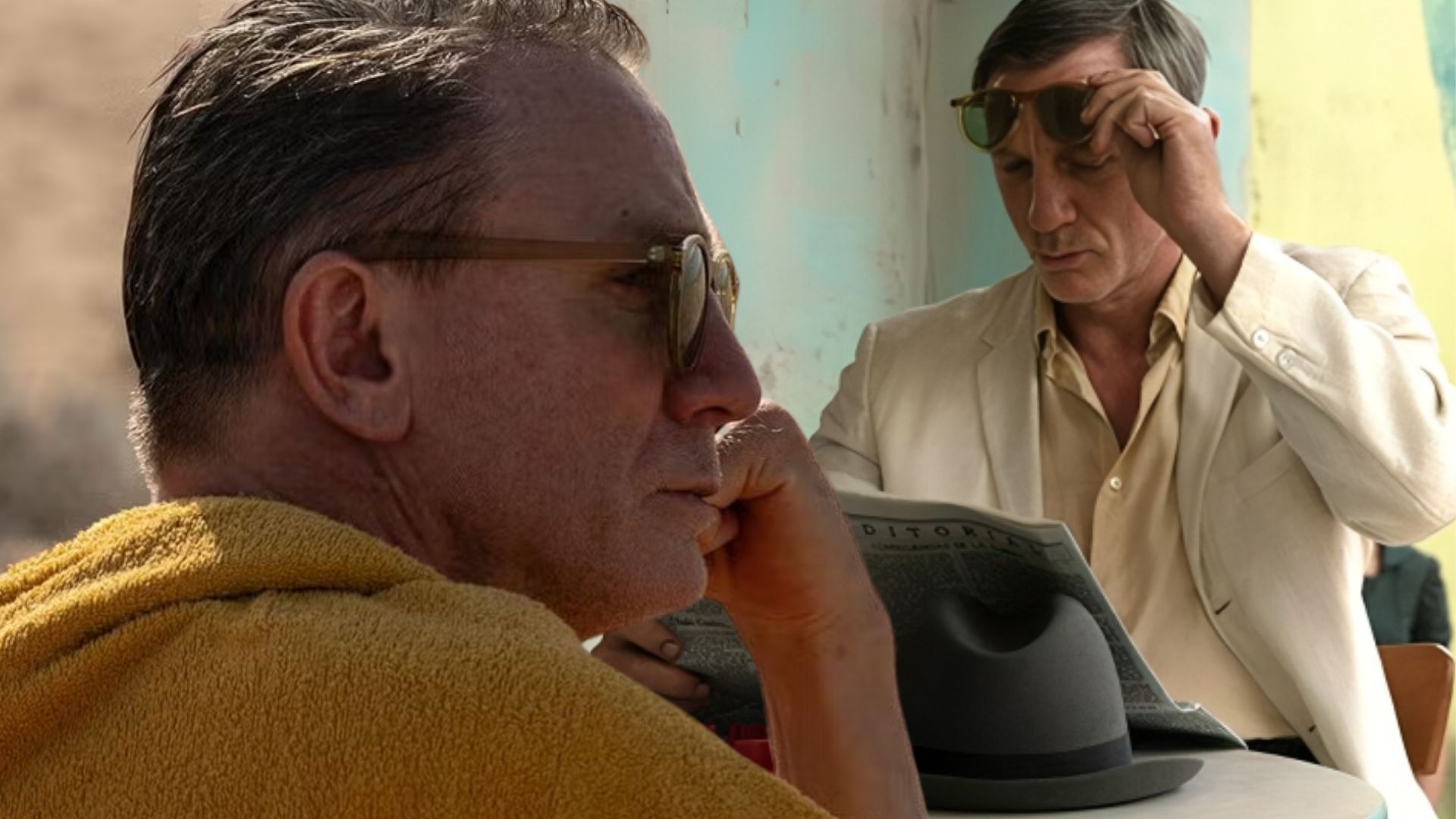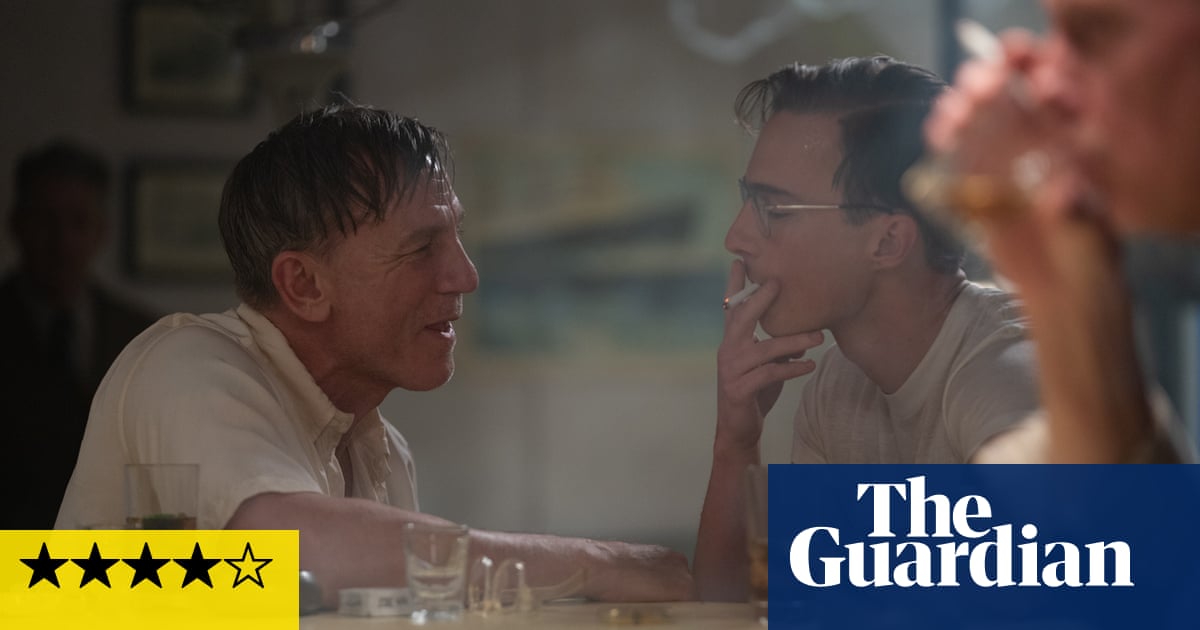Mexico City, 1940s. American writer William Lee (Daniel Craig) becomes obsessed with younger man Eugene Allerton (Drew Starkey); soon the pair go on a hallucinogenic journey into their own minds.
A mere nine months after the triumphant Grand Slam of Challengers, director Luca Guadagnino is back again. Queer is a very different beast to his earlier, tennis-based ménage à trois: less straightforwardly entertaining, murkier and messier in its intentions and approach. But it has all of his recurring themes and obsessions: sex and desire and longing and melancholy. It’s also perhaps almost too woozy for its own good.

Challengers writer Justin Kuritzkes reunites with his director to (loosely) adapt the novella of the same name by writer William S. Burroughs. Less subversive than Burroughs’ most famous work, Naked Lunch, in Guadagnino and Kuritzkes’ hands it becomes more intensely personal, leaning into the book’s autobiographical elements, an unorthodox tribute to the Beat Generation hero.
"Queer" may not be Guadagnino's best film, but it is arguably the most him.
Daniel Craig — eagerly finding distance from Bond with every role he’s taken since hanging up his Walther PPK — is phenomenal as Burroughs surrogate William Lee, an American expat in the gay-cruising haven of Mexico City. (Interestingly, the era’s homophobia exists only as an ambient hum.)
Though impeccably stylish in period-appropriate summer-casual linen by costume designer Jonathan Anderson, Lee is awkward and vulnerable and boyish — traits only amplified when he meets Eugene Allerton (Drew Starkey), a handsome younger man.
- Their first encounter, sound-tracked to Nirvana’s ‘Come As You Are’ — a genius needle-drop, in more ways than one — pulsates with suspense, Lee subsequently pursuing him with a hunger that becomes desperation. Allerton’s beauty and poise somehow throw Lee off his centre;
- Guadagnino is skilled at finding tension in these .early encounters, sexual or otherwise








No comments:
Post a Comment